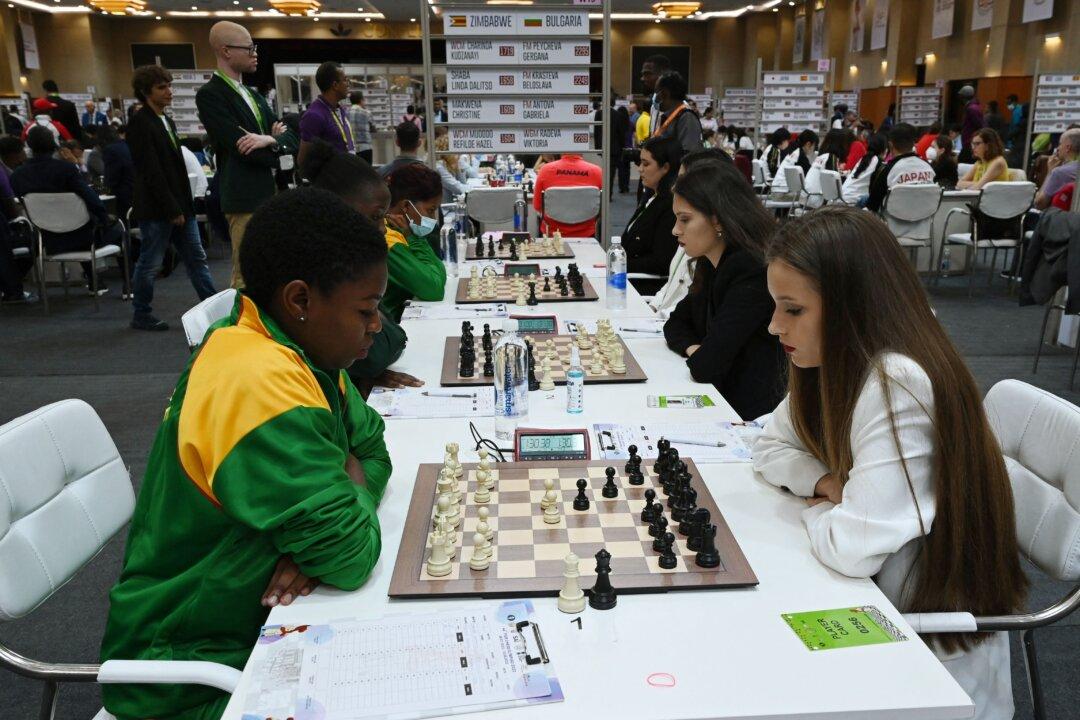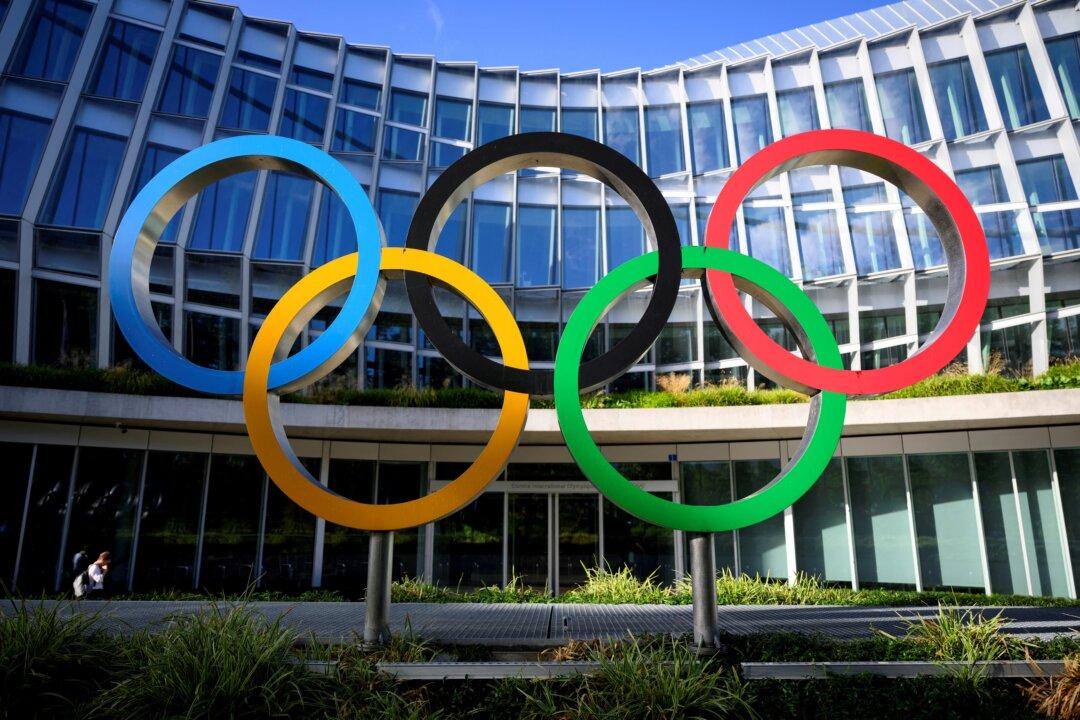Commentary
Two years ago, with regard to male athletes identifying as female, the competitive sport world presented a smoothly unified commitment to the principle of inclusion over fairness. Today we see fractures everywhere. Female athletes who had felt “gaslit into silence” are no longer afraid to speak out. World Aquatics (formerly FINA) launched an open category to welcome swimmers of both sexes, while restricting the women’s category to females. World Athletics now prohibits post-puberty males from participating in female world rankings competition. Likewise World Cycling.





